Lorem ipsum dolor sit amet, consectetur adipiscing elit. Sed vitae diam metus. Donec cursus magna eget sem convallis facilisis. Vestibulum dictum nibh at ullamcorper tincidunt. Phasellus scelerisque nisl non ullamcorper pellentesque. Nunc sagittis, felis in feugiat mollis, libero eros consectetur elit non cursus lacus nisl at dolor.
LANGUAGE
EnglishFormat
In-person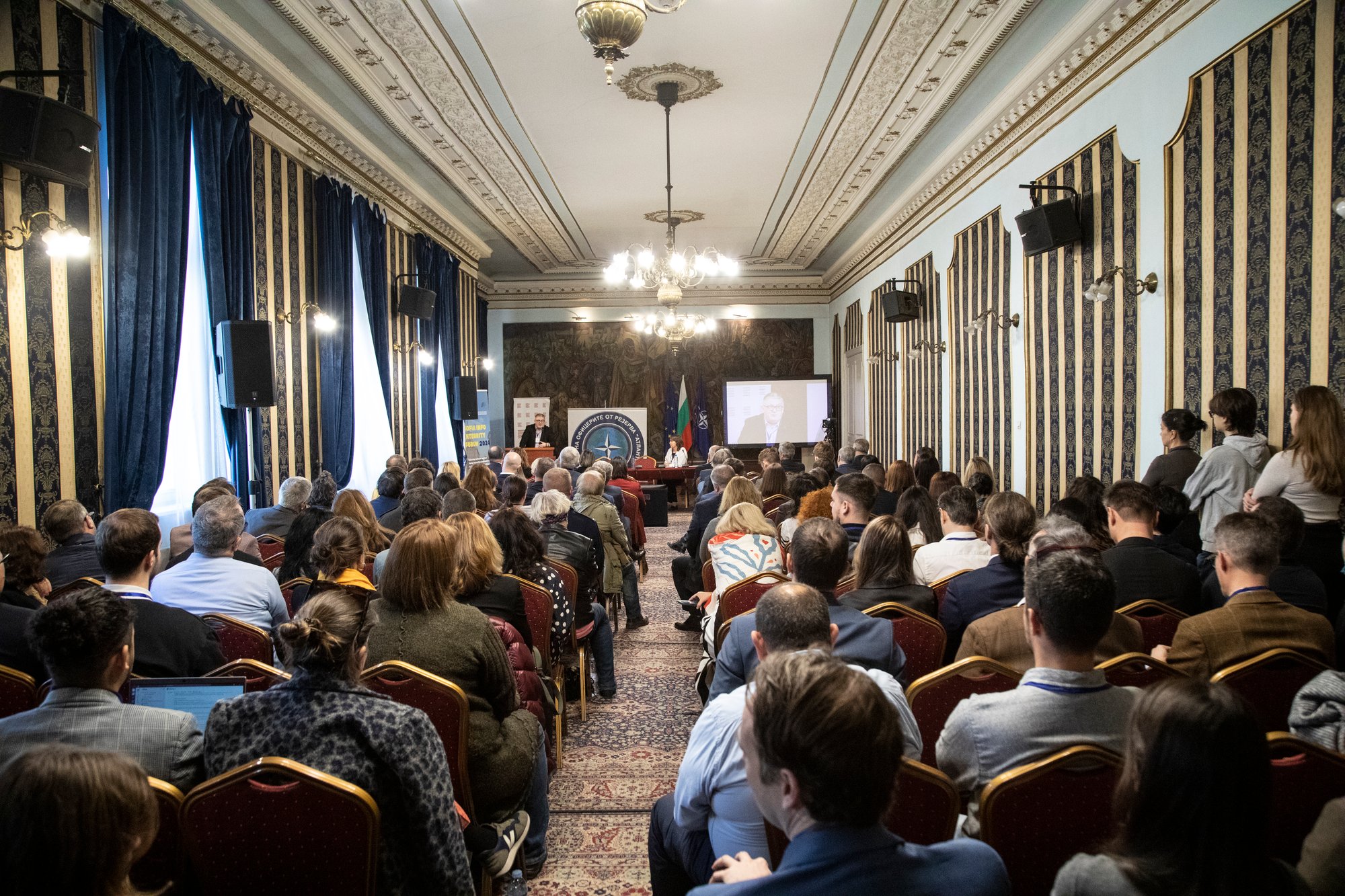
The integrity of the information space nowadays is emerging as a fundamental value and stake in a world where domestic and foreign actors are challenging democratic values and the established order within our countries and internationally.
We are faced with three questions that will determine the future of the democracy
Can Anti-Democratic Influence Unite the Global South Against the West?
To what extent will the various forms of anti-democratic foreign information manipulation and interference – by Russia, China, Iran, and other authoritarian states – succeed in forming a common front of the Global South against the West?
Will Disinformation and Propaganda Undermine Trust in Democratic Values?
To what extent will the disinformation and propaganda narratives that penetrate the information space of democratic states gain support from within, exacerbating internal divisions and undermining trust in democratic values and institutions in our countries?
How Can We Create a Resilient Information Space to Counter Anti-Democratic Propaganda?
How can we build a high-integrity information space capable of countering the growing waves of anti-democratic propaganda and undue foreign influence?
ABOUT THE EVENT



The Sofia Information Integrity Forum aims to answer these questions from a specific regional perspective – that of Southeast Europe and the Black Sea region.
Why attend the Sofia Information Integrity Forum?
- Gain insights: Learn from leading experts about the evolving landscape of foreign influence operations.
- Network with key stakeholders: Connect with policymakers, media and business professionals, and civil society leaders working to address these critical challenges.
- Develop solutions: Contribute to collaborative efforts to build regional resilience to malign foreign information manipulation and interference.
THEMATIC TRACKS
- Policy and Resilience
- Comparative Research Perspectives
- Technologies Against Disinformation
- Media Literacy and Education
- Information Operations and Impact
Contributions to this track will address the ever-growing challenge of malign foreign influence in Europe's most vulnerable region.
Russia's war of aggression in Ukraine has reinforced the Kremlin's playbook of using its economic presence in Europe and networks of enablers and amplifiers to influence national decision-making and public opinion. Disinformation and propaganda have become key tools for advancing the Kremlin's geopolitical and geoeconomic interests.
At the same time, the landscape for independent media around the world has changed dramatically over the past decade, facing a nexus of economic and political challenges, including the disruptive impact of rapid technological advances in social media and AI, and perennial questions about financial sustainability and new models of media business development.
The vulnerability of countries in Southeast Europe and the Black Sea region to malign foreign influence, including disinformation and propaganda, has been exacerbated by governance deficits, weak democratic institutions, non-existent or ineffective legal and institutional frameworks to counter FIMI, intertwined economic, political, and security networks with strong business or ideological links to Russia, and oligarchization and capture of media sectors by private interests.
The contribution will explore:
- The tactics and actors: Examine the methods used by foreign and domestic actors to manipulate decision-making and public opinion, exploit societal divisions, and undermine democratic institutions.
- Building defences: Identify and explore strategies to strengthen regional resilience, including promoting media literacy, fostering democratic values, and strengthening cybersecurity defences.
- Regional cooperation: Discuss the importance of cooperation among the countries in the region to address the common threats.
The Sofia Information Integrity Forum invites scholars focusing on Southeast Europe and the Black Sea region to present their original research in the broad field outlined by the following questions:
- What are the pernicious influences on the information space of the countries in the region? What is the role of external actors or foreign authoritarian governments in these harmful influences (primarily the Russian Federation, but also China, Hungary, Iran, and others)?
- How do coordinated external disinformation and anti-democratic propaganda campaigns use local populist sentiments and spokespersons, and vice versa – how do local actors use propaganda narratives? What are the different stakes – internal and external, political and economic – that drive different local actors?
- What are the narratives that are detrimental to information resilience and social cohesion? What are the commonalities but also the contextual differences between them in comparative terms? How do these narratives resonate – to what extent do they compete and to what extent do they cross-pollinate?
- In particular, how are narratives about Russia's invasion of Ukraine propagandistically packaged and disseminated in the region? And how are existing historical narratives and national myths being used for propaganda and disinformation?
- What types of actors and networks – foreign, but mostly local (politicians, parties, public speakers, media, etc.) – are involved in anti-democratic propaganda and disinformation? What are the networks and alliances between these actors, but also the antagonisms between them? Is there evidence of transnational networks coordinating disinformation/misinformation campaigns, and, if so, what are they and how do they operate?
- What are the technological means by which disinformation and propaganda are carried out in the region? And what is the role of social media? How can we counter propaganda and disinformation technologically?
- What are the social vulnerabilities and grievances on which anti-democratic propaganda feeds?
Technology completely mediates our relationship with information. While we readily accept its presence from the most public to the most intimate spaces, we have yet to understand its role and profound implications for the integrity of our information spaces.
Moreover, with the advent of ever more powerful AI, it seems that the rate of complexity of the technology is outpacing the rate of our understanding of it at the scale required. Its omnipresence at least helps us all agree that technology is both an integral part of the problem and undeniably part of the solution.
The Technologies against Disinformation track of the Sofia Information Integrity Forum aims to put the technological lens at the centre of the debate and invites practitioners in the following areas:
- Data analytics for sensemaking of complex media and social media datasets;
- Data visualization for impact and effective communication;
- Media and social media monitoring: tools and techniques to extract and analyse information at scale;
- Language technologies for augmenting narrative data;
- Algorithmic transparency and techniques to better understand the impact of recommendation algorithms on content distribution;
- Artificial intelligence: use of AI and LLM to streamline analysis or content creation;
- Technologies for advertising and monetizing disinformation and propaganda.
Given the horizontal and vertical fragmentation of the information space, we will place particular emphasis on insights and solutions that are explicitly relevant to Southeast Europe and the Black Sea region.
The Sofia Information Integrity Forum invites experts in media literacy to submit papers with a focus on the specific challenges and opportunities faced by practitioners in the region.
Media literacy is widely recognized as a crucial tool in combating disinformation and enhancing regional information resilience and is thus the cornerstone of any effective long-term strategy aimed at countering disinformation’s corrosive impact on our societies. Media literacy equips audiences with critical skills to identify and reject mis- and disinformation, assisting in the identification and rejection of actors, networks and sources which actively spread disinformation/misinformation.
Given the regional vulnerability to information manipulation and interference, the significance of media literacy education and research is increasingly important in Southeast Europe and the Black Sea region. The development of media literacy toolkits and best practices tailored to these regional specificities are therefore a vital component in efforts to develop information space resilience.
The Media Literacy and Education track aims to foster collaboration and accelerate the development of knowledge in this critical area, with a focus on the following aspects:
- Novel approaches and methodologies, including best practices for the study of media and the implementation of media literacy training in the digital age;
- Emerging areas of research and their implications for education, policy, and society;
- Collaboration opportunities to address pressing media literacy challenges in the region;
- Identifying and working with vulnerable groups to empower them to acquire and share new knowledge and skills among fellows, colleagues or communities.
Establishing a counter-disinformation ecosystem integrates processes, organisation, technology and people to develop a capability to gain advantage in the contested information environment, improve its integrity and resilience to malicious information operations. The Framework for Countering Foreign State Information Manipulation is a good basis for efforts to provide a collaborative platform for stakeholders to develop national strategies and policies to ensure safeguards for freedom of expression, protection of marginalised groups, transparency in media ownership, and a commitment to protect elections from foreign malign influence.
The true metrics of success in developing the ecosystem and capabilities are successful information operations and their impact on the integrity and resilience of the information environment against malicious information operations by our adversaries, as well as the level of protection of the cognitive domain and the achievement of superiority in the observation-orientation-decision-action cycle of information operations.
We are looking for papers and speakers to share experiences and models of successful information operations for maximum impact on the integrity and resilience of the information environment. We are interested in identifying best practices in building capabilities, developing an ecosystem for planning and executing operations, assessing impact, supporting change and continuously improving our ability to achieve information environment superiority.
Key themes are:
- Information operations concepts;
- Capability development for information operations (focus on innovation);
- Ecosystem development for information operations (collaboration and sustainability, public – private partnership);
- Governance and institutions for successful information operations (strategic planning and change management);
- Measuring the impact of information operations for continuous improvement.
Call for Papers
Contributions within one or more of the five thematic tracks are welcome, focusing on – but not limited to – the following countries: Albania, Armenia, Bosnia and Herzegovina, Bulgaria, Georgia, Greece, Kosovo, Moldova, Montenegro, North Macedonia, Romania, Serbia, Turkey, and Ukraine.
To apply to contribute a paper/presentation to the Sofia Information Integrity Forum 2024, please complete and submit the following template to contact@sofia-info-integrity.eu.
A full version of the papers selected for publication in a special issue of the journal Critique & Humanism should be submitted within 30 days after the conference. Authors of the papers selected for publication will be notified by 10 October 2024.
Call for Sessions
To apply to organize a session, please complete and submit the following template to contact@sofia-info-integrity.eu.
To apply to organize a session, the session organizer must confirm that they have the prior agreement of at least three participants to attend the session in person, according to the final conference agenda to be published later. The organizer may also be one of the session participants. Each session should be organized as either a "session with presentations" or an "interactive panel". If the first option is chosen, session participants must submit their contributions using the Call for Papers template and adhere to the deadlines specified above. If the session is organized as an "interactive panel", submission of the Call for Papers template is not mandatory, except for participants who wish to have their contributions considered for publication in a special issue of the journal Critique & Humanism.
Important Dates
Stay tuned! We will soon announce the dates for the Call for Sessions, Call for Papers, and other important deadlines leading up to the Sofia Information Integrity Forum 2025.
Agenda
Coming soon!
CONFERENCE OR EVENT SCHEDULE / dont forget it

Lorem ipsum dolor sit amet, consectetur adipiscing elit. Sed vitae diam metus. Donec cursus magna eget sem convallis facilisis. Vestibulum dictum nibh at ullamcorper tincidunt. Phasellus scelerisque nisl non ullamcorper pellentesque. Nunc sagittis, felis in feugiat mollis, libero eros consectetur elit non cursus lacus nisl at dolor.

Lorem ipsum dolor sit amet, consectetur adipiscing elit. Sed vitae diam metus. Donec cursus magna eget sem convallis facilisis. Vestibulum dictum nibh at ullamcorper tincidunt. Phasellus scelerisque nisl non ullamcorper pellentesque. Nunc sagittis, felis in feugiat mollis, libero eros consectetur elit non cursus lacus nisl at dolor.

Lorem ipsum dolor sit amet, consectetur adipiscing elit. Sed vitae diam metus. Donec cursus magna eget sem convallis facilisis. Vestibulum dictum nibh at ullamcorper tincidunt. Phasellus scelerisque nisl non ullamcorper pellentesque. Nunc sagittis, felis in feugiat mollis, libero eros consectetur elit non cursus lacus nisl at dolor.

Lorem ipsum dolor sit amet, consectetur adipiscing elit. Sed vitae diam metus. Donec cursus magna eget sem convallis facilisis. Vestibulum dictum nibh at ullamcorper tincidunt. Phasellus scelerisque nisl non ullamcorper pellentesque. Nunc sagittis, felis in feugiat mollis, libero eros consectetur elit non cursus lacus nisl at dolor.

Lorem ipsum dolor sit amet, consectetur adipiscing elit. Sed vitae diam metus. Donec cursus magna eget sem convallis facilisis. Vestibulum dictum nibh at ullamcorper tincidunt. Phasellus scelerisque nisl non ullamcorper pellentesque. Nunc sagittis, felis in feugiat mollis, libero eros consectetur elit non cursus lacus nisl at dolor.

Lorem ipsum dolor sit amet, consectetur adipiscing elit. Sed vitae diam metus. Donec cursus magna eget sem convallis facilisis. Vestibulum dictum nibh at ullamcorper tincidunt. Phasellus scelerisque nisl non ullamcorper pellentesque. Nunc sagittis, felis in feugiat mollis, libero eros consectetur elit non cursus lacus nisl at dolor.

Lorem ipsum dolor sit amet, consectetur adipiscing elit. Sed vitae diam metus. Donec cursus magna eget sem convallis facilisis. Vestibulum dictum nibh at ullamcorper tincidunt. Phasellus scelerisque nisl non ullamcorper pellentesque. Nunc sagittis, felis in feugiat mollis, libero eros consectetur elit non cursus lacus nisl at dolor.
EVENT SPEAKERS / meet with greaters

SPEAKER NAME
CO FOUNDER

SPEAKER NAME
CO FOUNDER

SPEAKER NAME
CO FOUNDER
REGISTER HERE
This event takes place with the financial support of the following initiatives, projects and programs: the initiative "Europe against anti-democratic propaganda" (Project "Rights and Values", financed by European Union and Open Society Institute – Sofia); BROD (Digital Europe program under contract No: 101083730), vera.ai (Horizon Europe, Research & Innovation program, under contract No: 101070093), “Social Vulnerability and Propaganda” (Financed by America for Bulgaria Foundation) and Media Programme South East Europe of the Konrad-Adenauer-Stiftung.The views and opinions expressed are solely those of the authors and do not necessarily reflect those of the European Union, of the European Executive Agency for Scientific Research, Open Society Institute – Sofia, America for Bulgaria Foundation, Media Programme South East Europe of the Konrad-Adenauer-Stiftung. Neither the European Union nor the funding body can be held responsible for them.
The Forum is part of the program of the European Solidarity Festival.

.png)




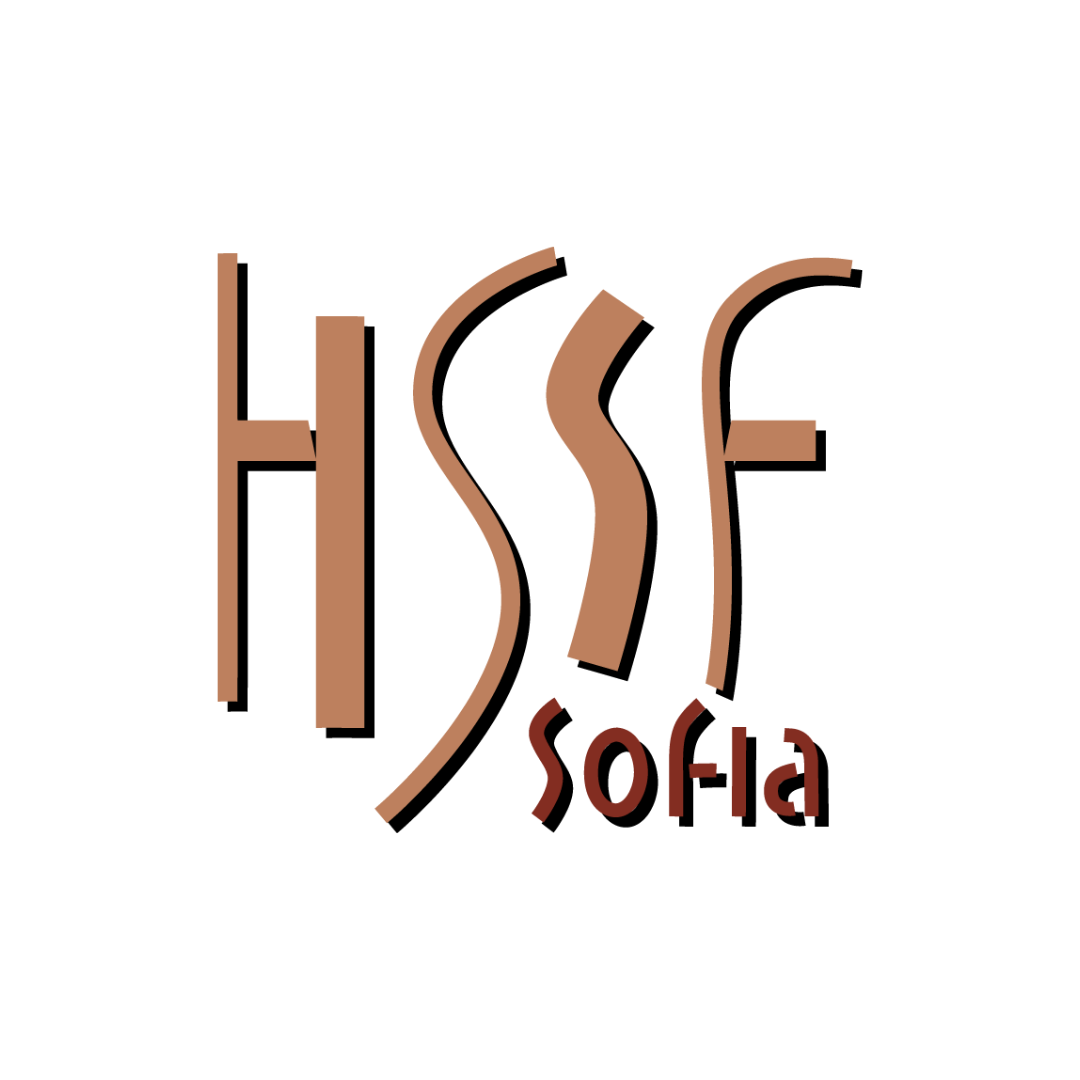
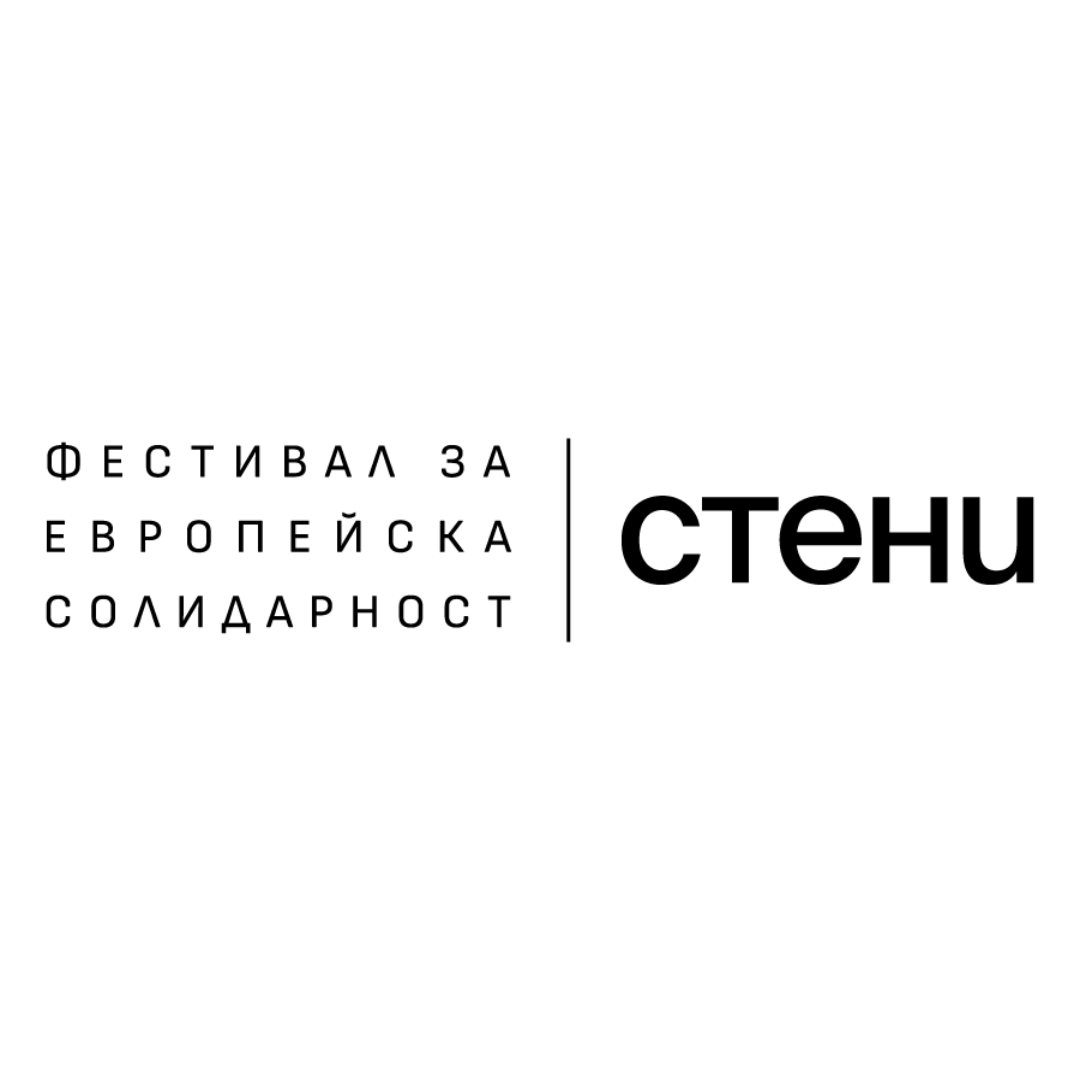


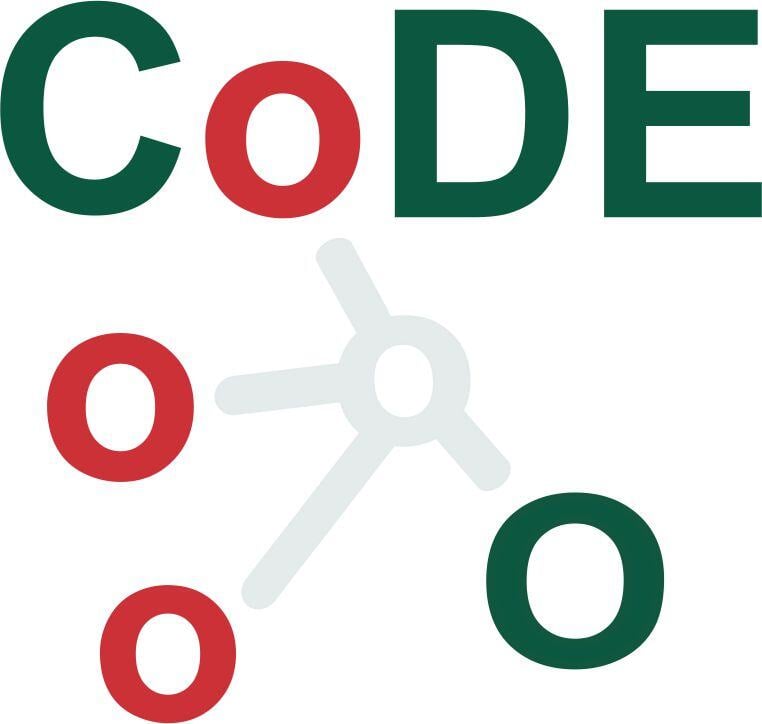
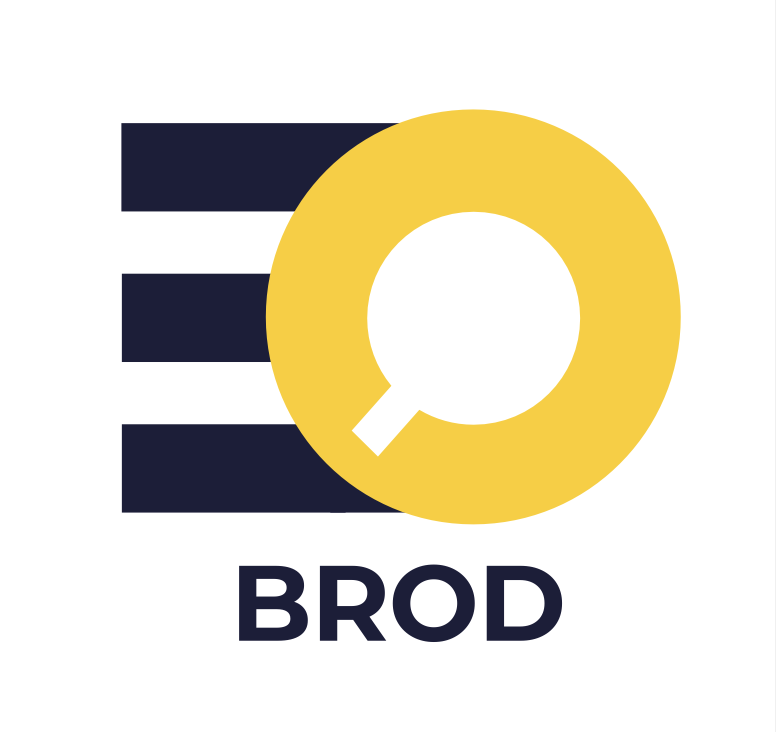


.png)
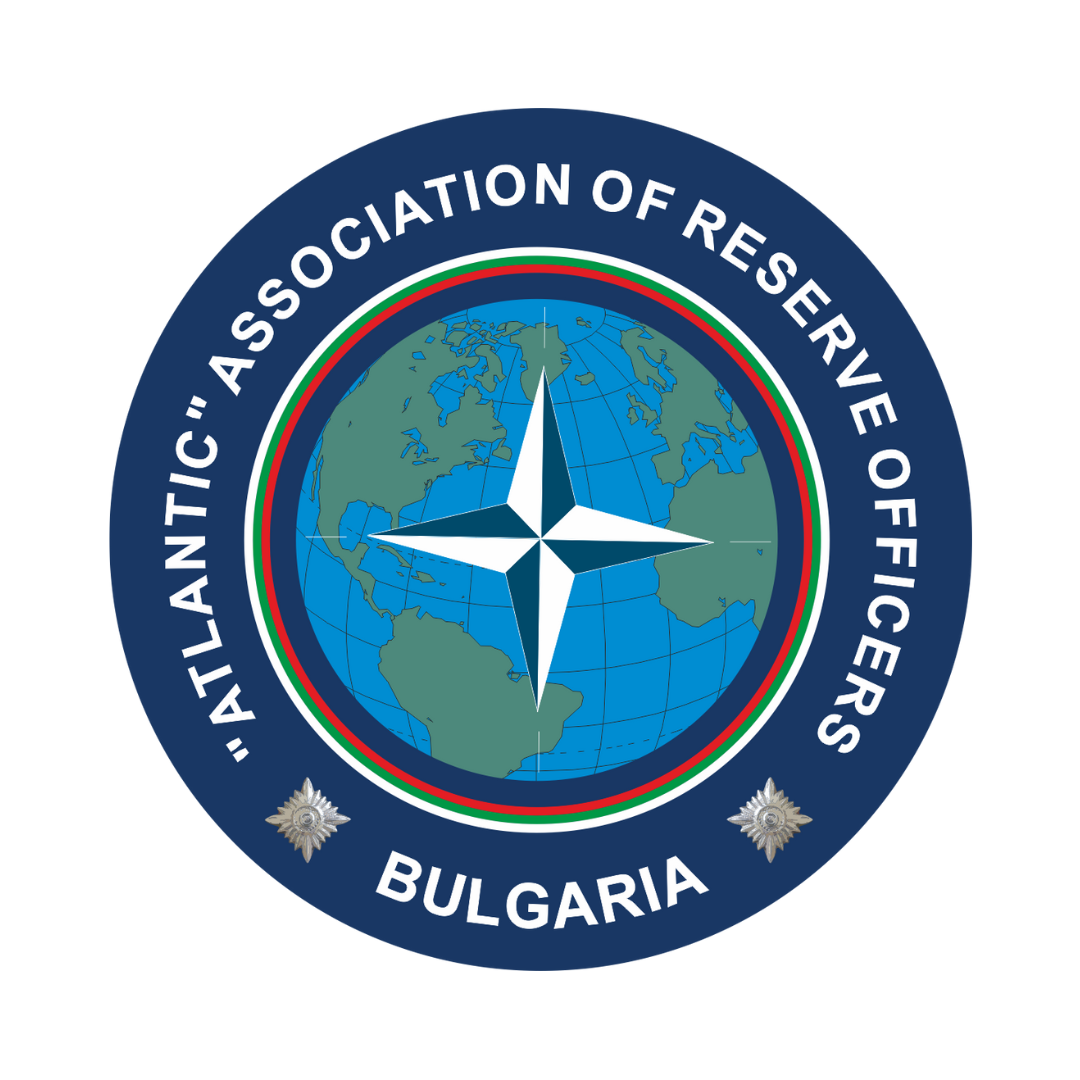
.png)
.png)
